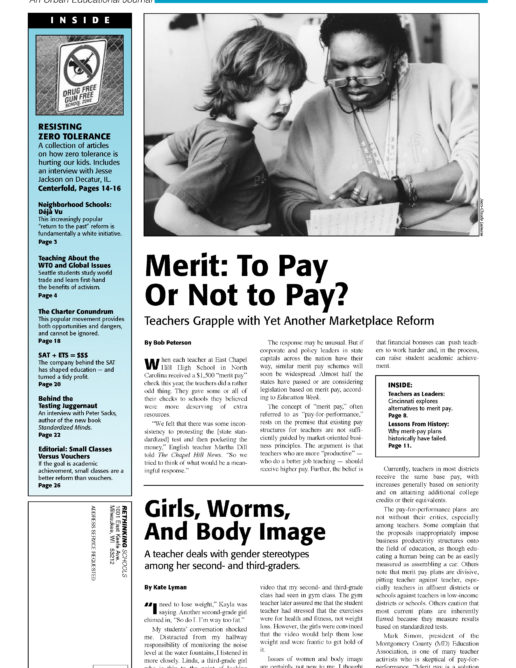High-Stakes Testing Slights Multiculturalism
Matthew Henson is out, Christopher Columbus is in.
As a parent active on a local school council, I’ve watched with apprehension as Virginia’s high-stakes testing program has unfolded. But it was not until the day my third-grade son, usually, an enthusiastic student, came home sad and dejected that I realized my worst fears about the test were true.
My son’s class was studying explorers – his favorite subject – and he wanted to write a report on Matthew Henson, his favorite explorer. Henson, an African American, was the first man to set foot on the North Pole. He was a self-taught sailor and astronomer who rose above the racism and prejudice of his day to become one of the most important explorers of the 20th century.
Imagine my thrill as my son, without any urging on my part, went to the computer to do research on Henson. I was particularly pleased because after a tough first grade and difficulty reading throughout second grade, in third grade my son was at last learning that school could be fun.
While researching on the computer, my son took great delight in finding obscure facts about Henson. He fantasized out loud about how impressed his teachers and classmates would be once they saw his great report.
I had never seen him so excited about school work. He really identified with Henson, not only because he and Henson are both African Americans, which was clearly important to him, but also because he was excited about the opportunity to be an explorer himself. What excited him most was the novelty of the information and the fact that Henson wasn’t one of the explorers the class as a whole was studying. As he said to me, “Mom, I’m being an explorer in social studies!”
When he turned in his report, he got a much different reaction than he expected. His teacher patiently explained that although his hard work was obvious and it was a great report, he would have to do another report on Christopher Columbus instead.
It turns out that Matthew Henson isn’t on Virginia’s high-stakes test, known as the Standards of Learning (SOL).
Like any mother, I called the teacher. I tried hard to be understanding. She said she felt bad about her decision and admitted that she knew what it meant to my son to be so excited about school. But, she rationalized, it wasn’t her fault. She was trying to make sure he passed the Virginia test. After all, so much was on the line.
In that regard, she is right. The SOLs are high-stakes with winners and many more losers.
The tests, and the curriculum acrobatics schools undertake to adapt to them, literally determine what’s important to know and what’s not. Books, methods, and coursework that don’t support test standards are thrown by the wayside. For example, students at my children’s elementary school who do not meet SOLs in math must forego art classes for extra tutoring. And, of course, any historical figures that don’t fit within the mostly white framework of the state standards are lost as well.
I worry about my children in this brave new world of high-stakes testing. How will they remain creative or sustain interest in lifelong learning? Further, if the tests are to ensure that our students are better prepared, it’s completely confounding that multicultural education is ignored in the development of learning standards.
The standards, in fact, are becoming quite standard – like a fast-food franchise where everyone knows what to expect. And, like fast food, SOLs don’t offer much in the way of nutrition or variety.
![]()
![]()

